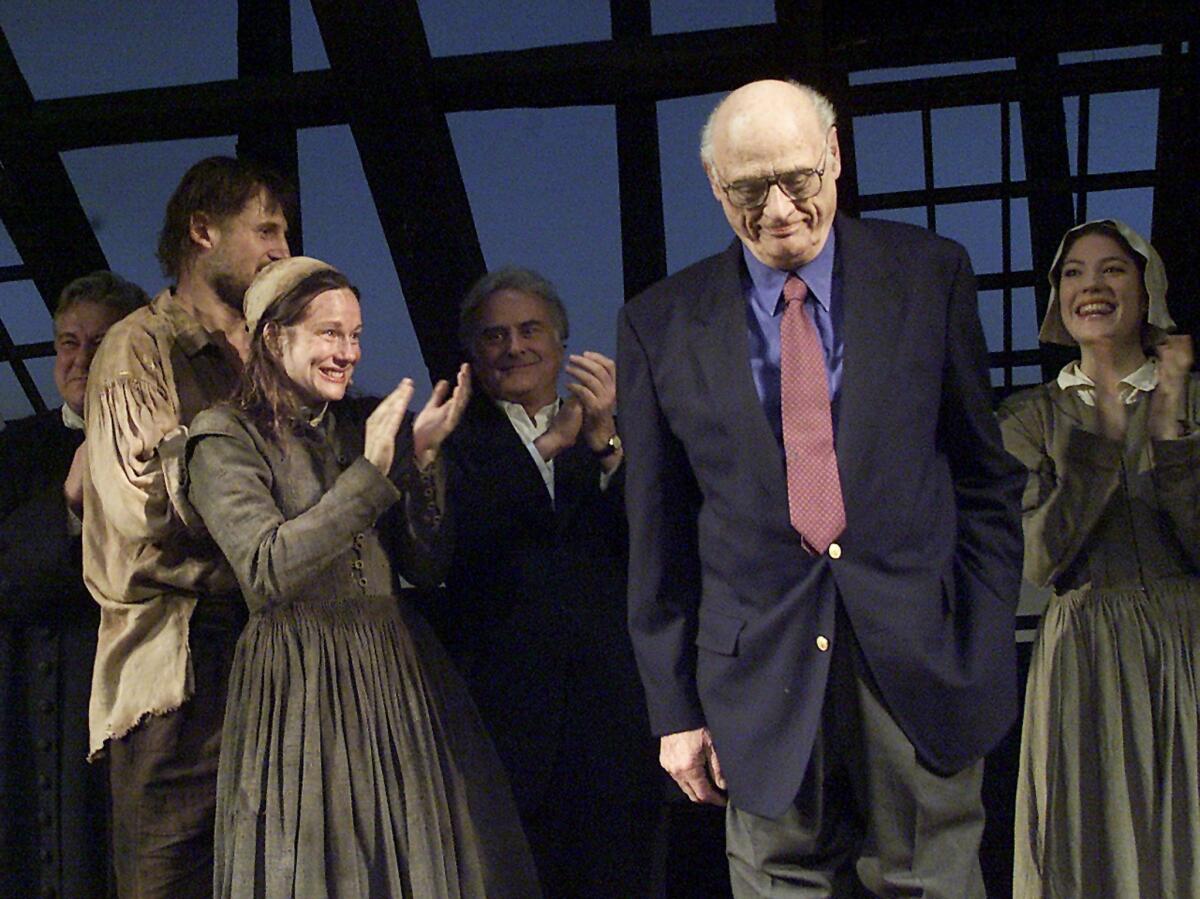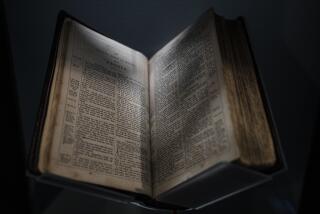Removal of U.S. writers from British curriculum stokes furor

Is Michael Gove, Britain’s education minister and Conservative member of Parliament, suspicious of the political agenda of certain members of the American literati?
Works by John Steinbeck, Harper Lee and Arthur Miller have long been a part of the British secondary school curriculum, with British students (like many of their American counterparts), required to read their works for the General Certificate of Secondary Education test. Now Gove, who is said to “dislike” Steinbeck’s “Of Mice and Men” especially, has removed that work from a key standardized test for high school students, along with Lee’s “To Kill a Mockingbird,” and Miller’s “The Crucible.”
The books have been replaced by works by British authors.
Members of Britain’s Labor party and assorted commentators see political motives at work, since the three books take up themes of social justice, prejudice and inequality.
“Gove and his colleagues at the Department for Education are fantasising about a nation unencumbered by racial or cultural difference, or calls for greater social and economic equality,” Anna Hartnell wrote in the Guardian. She called the decision parochial and regressive.
“The Crucible,” set in 17th century Massachusetts, is an allegory about 20th century McCarthyism--Miller himself was later called before the House UnAmerican Activities Committee and convicted of “contempt of Congress” for refusing to “name names.”
Christopher Bigsby, a professor at the University of East Anglia and author of a biography of Miller, told NPR that Gove’s actions can be seen in the context of growing nativism in the UK and beyond.
“I put this in the context of what’s going on in Europe and the world at large, which is a growing nationalism, a growing suspicion of other people’s perspectives and ideas and values,” Bigsby said.
Reacting to the growing furor, Gove wrote an op-ed in The Telegraph on Monday responding to the “fiction” that he had “banned” the three books.
“Just because one chap at one exam board claimed I didn’t like Of Mice and Men, the myth took hold that it – and every other pesky American author – had been banned,” Gove wrote.
“I have not banned anything. Nor has anyone else,” Gove continued. “All we are doing is asking exam boards to broaden – not narrow – the books young people study for GCSE.”
More to Read
Sign up for our Book Club newsletter
Get the latest news, events and more from the Los Angeles Times Book Club, and help us get L.A. reading and talking.
You may occasionally receive promotional content from the Los Angeles Times.








